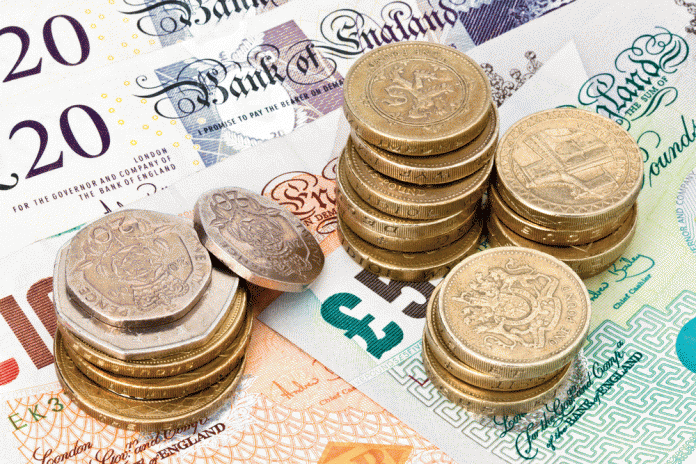The UK inflation rate remains unchanged in August at 0.6 percent, according to the Office for National Statistics. The rate comes in under analysts’ expectations of a rise to 0.7 percent, but rising food prices were partially offset by cheaper hotel rooms.
According to ONS statistician Mike Prestwood, “the falling value of the pound” had caused raw material costs to rise, but there is “little sign of this feeding through to consumer prices yet”. But what does all this mean to the average consumer?
What is inflation?
In simple terms, inflation affects the purchasing power of your money. As prices inflate, your money can buy fewer items; every pound you own buys a smaller percentage of a good or service.
For example, if the inflation rate is at 2 percent annually, then theoretically a £1 pack of gum will cost £1.02 in a year’s time.
The Bank of England’s Monetary Policy Committee have an inflation target of 2 percent – currently, it is well below this. The aim of monetary policy is to keep inflation steady and maintain price stability.
What is the effect on my money?
If there is a sharp increase in inflation, unless your income rises at the same pace, it will be worth less in real terms. Recently this has been a problem for anyone earning; wage growth has been slow this year, with workers are being warned back in May to expect low wage increases until at least 2020. This is likely to have been hit further by the uncertainty of Brexit.
The same goes for money stored in a bank, property or investments. If they are not increasing at the same pace as inflation, they will be worth less. This is a real problem when, like now, interest rates on bank accounts are so low – the interest rate currently sits at 0.25 percent, and there is speculation it may be lowered to 0.10 percent before the end of the year. With inflation steady at 0.6 percent, your savings will be worth less when they are withdrawn.
Personal inflation
It is worth remembering real effect of inflation can differ from person to person. For example oil or tobacco prices may rise faster than other goods, therefore those that consume items that are rising faster may be hit harder than others. Official figures, such as those given by the ONS, are helpful as a benchmark figure and are often used by employers to calculate wage increases; however, many consumers don’t feel they reflect their personal inflation rate. In order to get a more specific figure, use an inflation calculator to find out the effect on your finances.

